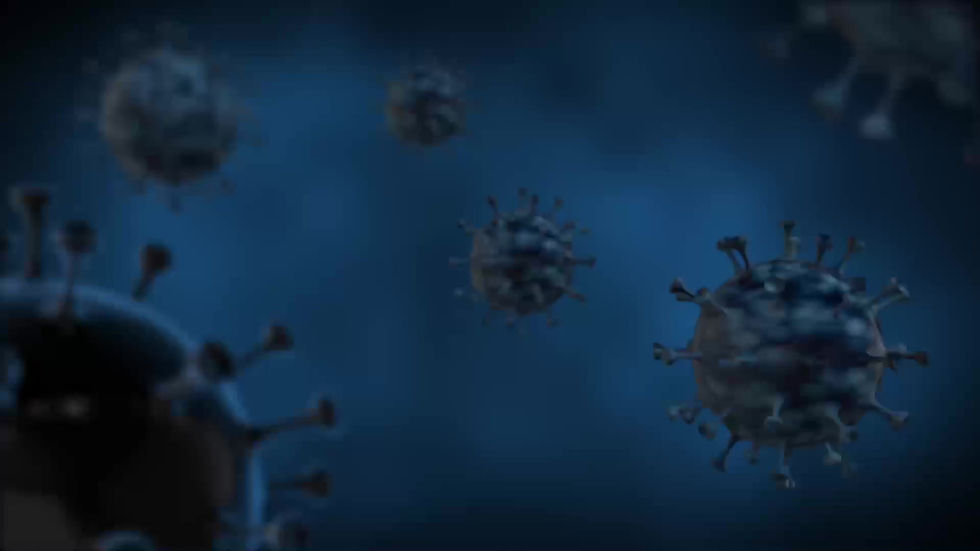
Cultural competence in the Coronavirus crisis
societies all over the board have been facing multiple challenges as a consequence of the coronavirus crisis. In addition to the medical and economic challenges posed by COVID-19 and the consequences of the disease, this crisis has also exacerbated existing disparities between social and cultural groups. Treatment and assistance teams are called upon to provide professional support to diverse populations, sometimes to groups they have not previously encountered. Improving the cultural competency of providers in times of emergency may not only contribute to the efficacy of the treatment but may also improve social equity and feelings of solidarity.

The online program
This online program is aimed at promoting cultural sensitivity among the Healthcare professionals working in diverse arenas in the fight against the Covid-19 pandemic.
As many efforts were invested in the program development, we will appreciate it if you could take a few minutes to answer short surveys. This survey will help us evaluate the efficacy of this program and address further questions. We thank you for your participation.


About this website
In this website we suggest several ways in which you as a professional can enhance your cultural competence:
-
This program is interactive and user friendly and is designed to enhance cultural competence in times of emergency.
-
Exposure to stories and examples from the scene.
-
Consultations with experts in the field.
About the online program
This program is aimed at improving the cultural sensitivity of the health care professionals working in the diverse areas of the struggle against the Covid-19 crisis. The program was developed by a team of experts from academia and from the field and is based on the extensive know-how they have accumulated on the subject. It is specifically adapted to the present Israeli context and its social and cultural heterogeneity.
The program focuses on three different dimensions of cultural competence: The component of awareness, which means being attentive to the existence and importance of cultural influences in the health field; the component of knowledge, which comprises being acquainted with the diverse features of physical and mental health in different cultures; and the component of expertise, which relates to the ability to demonstrate cultural competence in real situations.
The program focuses on three different dimensions of cultural competence:
-
Awareness – attention to the existence and importance of cultural influences in the health field.
-
Knowledge – acquaintance with the diverse features of physical and mental health in different cultures.
-
Expertise - the ability to demonstrate cultural competence in real situations.
Along with exposure to a wealth of academic knowledge, the program includes recordings of interviews with experts in the field, short films, and newspaper articles. The program is interactive, brief, and user friendly.
Emergency situations require the rapid establishment of trust between the caregiver and the recipient of care. We are convinced that this program will help the treatment and assistance teams achieve a better understanding of their own selves and of the challenges they face in their encounters with people of different cultures.
In addition to improving the efficacy of medical and psychological treatments, enhancing the cultural competency of the treatment and assistance teams is likely to contribute to reducing social gaps and promoting solidarity.

The Development Team


Dr. Odeya Cohen
Dr. Odeya Cohen, lecturer in the Department of Nursing and head of the master’s program in Emergency Medicine, Faculty of Health Sciences, Ben-Gurion University of the Negev. Her research focuses on preparedness and coping with emergencies, research methods, and medical teams in times of emergency.

Mr. Yosef Kola
Mr. Yosef Kola is a paramedic and holds a master’s degree in social work. Engaged in promoting and developing resilience among first responders. Research student in Emergency Medicine, Department of Public Health, Ben-Gurion University of the Negev.f emergency.
.Please tell us what you think about this presentation, or share a story from a personal perspective.
Contact us
This project was supported by the Ministry of Science and Technology and Ben-Gurion University of the Negev
© All rights reserved



